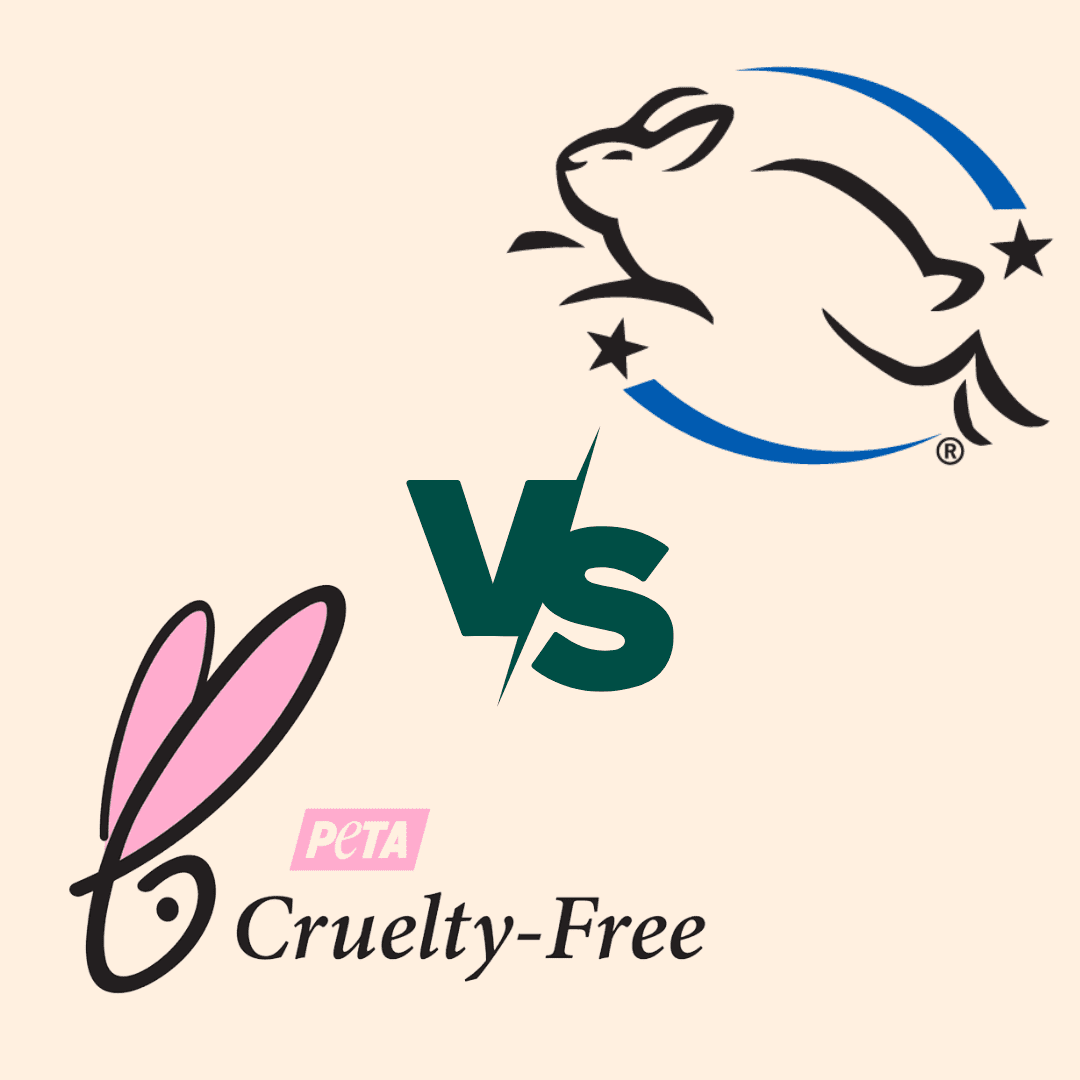By Bailey Chenevert
We asked Cluey users about issues they care deeply about when purchasing from a brand, and the results were inspiring. The 167 responses we got featured many hot button issues, and the diversity of responses shows just how involved buying a product can be in the modern day. With so much to consider, one topic appeared to be the most universal.
Animal welfare and all it encompasses was the most frequently mentioned topic. There are many ways that a brand can be conscious of animal welfare, one of which is ensuring there is no testing on animals at all stages of production. To this end, “cruelty-free” is a term that gives some information about animal testing, but has no legal standard. Cruelty-free asserts that a brand does not test on animals, but may not always mean a product is worth buying.
If animal testing is an issue that you personally care about, there are cruelty-free certification logos you may want to look for on future purchases. No two certifications are the same, however, so Cluey has done the hard work for you – here’s a deep dive into cruelty-free certifications and which one is our favorite.
Beauty Without Bunnies Cruelty-Free

PETA is the most recognizable organization in animal welfare and so may be their cruelty-free certification logo. Beauty Without Bunnies is PETA’s certificate that a brand is committed to not testing on animals according to PETA’s standard.
PROS
- Brands submit detailed documentation that no animal testing occurs at any stage of production, from ingredient collection to marketing the final product.
CONS
- PETA’s website describes the Beauty Without Bunnies program as a “gold standard” for compassionate consumers, but companies don’t have to prove their cruelty-free status beyond the documentation stage.
- PETA has no independent or third-party auditors test the credibility of a company’s claims
- Once a brand has earned the Beauty Without Bunnies logo, they have it for good, no reaccreditation required.
PETA simply relies on the good faith of a company and their claims to determine whether they are cruelty free.
Beauty Without Bunnies Cruelty-Free and Vegan

PETA’s cruelty-free certification has a vegan version, which adds that a brand uses no animal by-products whatsoever on top of not testing on animals. The certification process is the same, so this logo comes with the same pros and cons as before.
PROS
- Brands submit detailed documentation that no animal testing occurs during production.
- Brands submit detailed documentation that no animal products are used.
CONS
- The accreditation process ends after the documentation page.
- PETA has no independent auditors to test the credibility of a company’s claims.
- There is no reaccreditation process – once a brand has the logo, they have it for good, even if production changes.
Cluey’s Pick for Best Certification: Leaping Bunny Cruelty-Free

The Coalition for Consumer Information on Cosmetics (CCIC) is the combination of eight animal protection organizations that banded together specifically to address the lack of clarity in cruelty-free production. Their “Leaping Bunny” certification has the most comprehensive process for determining whether a brand is truly cruelty-free.
PROS
- The CCIC certifies brands in the U.S. and Canada that have submitted detailed documents about their suppliers and processes,
- Independent audits are conducted to test claims made during the documentation stage.
- Brands must reapply once a year to maintain their Leaping Bunny certified status.
- Certified brands are not allowed to sell their products in markets that require animal testing.
CONS
Certified brands may still be owned by parent companies with other brands that test on animals. (The CCIC stays transparent about this issue by labeling brands with uncertified parent companies with a yellow triangle on their brand search page. From there, you can find out who a Leaping Bunny brand’s parent company is on Cluey.)
Cruelty Free International

Because Leaping Bunny only certifies brands in the U.S. and Canada, they launched Cruelty-Free International, which certifies brands outside of those markets, as well. The certification process is the same for these companies, so it has the same pros and cons.
PROS
- Brands submit detailed documents ensuring no animal testing at all stages of production.
- Cruelty-Free International employs independent auditors to assess the credibility of these claims.
- Brands must reapply and go through the certification process once a year to maintain their cruelty-free status.
- Certified brands are not allowed to sell their products in markets that require animal testing.
CONS
Certified brands may still have parent companies that allow animal testing on other brands’ products.
If you’re impressed by Leaping Bunny’s efforts, there are more than 2,300 Leaping Bunny brands you may want to buy from (psst – to save some money, their homepage features current sales and discount codes for certified brands).
Bailey Chenevert is a freelance journalist and guest editorial contributor for Cluey Consumer. As a current master’s student at Appalachian State University, Bailey is researching the ways media consumption impacts our psychology. Bailey is passionate about impartial reporting on consumerism and the impacts that fashion brands have on our modern world. She has more than six years of experience in journalism as a writer, editor and director.

